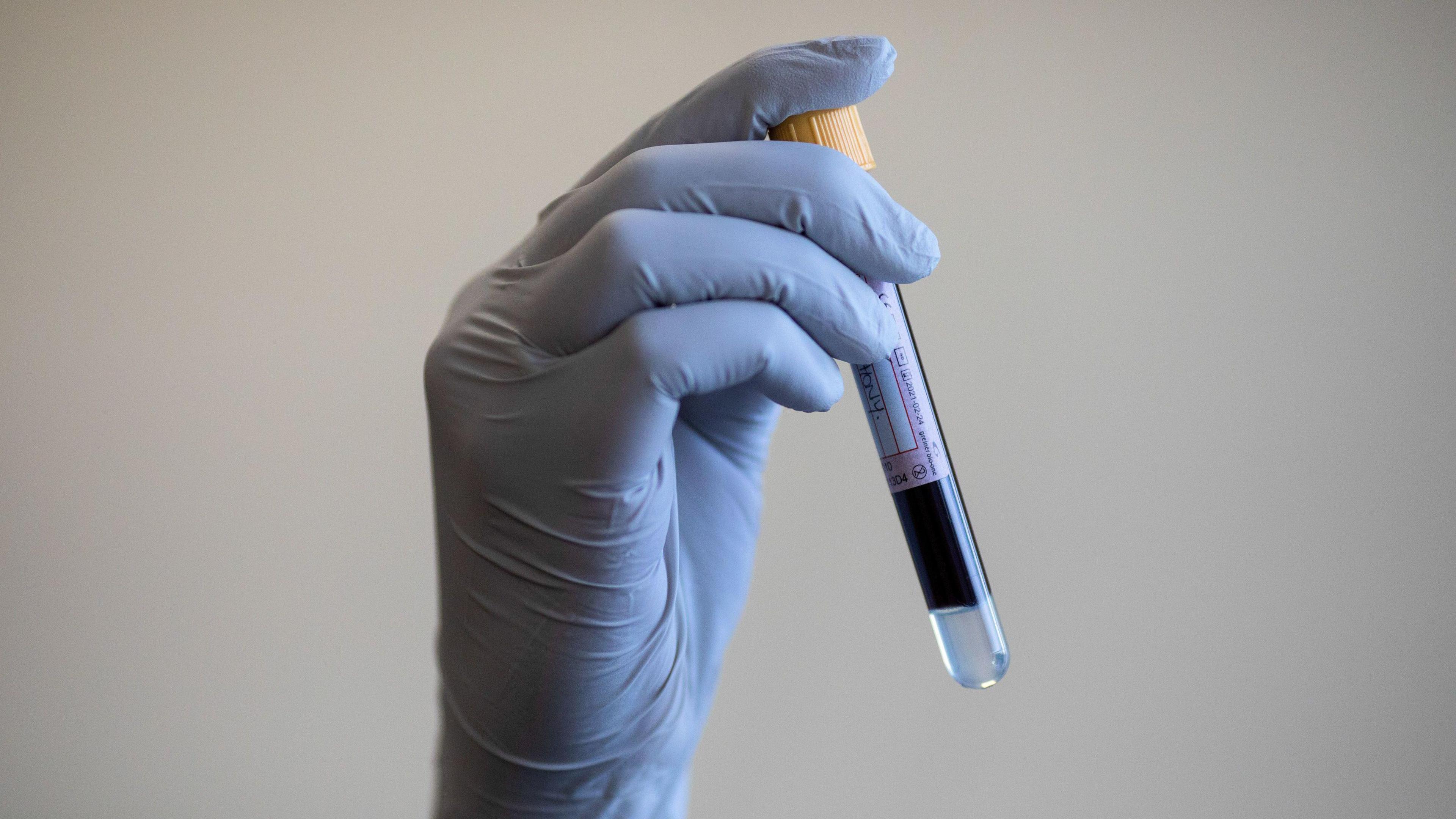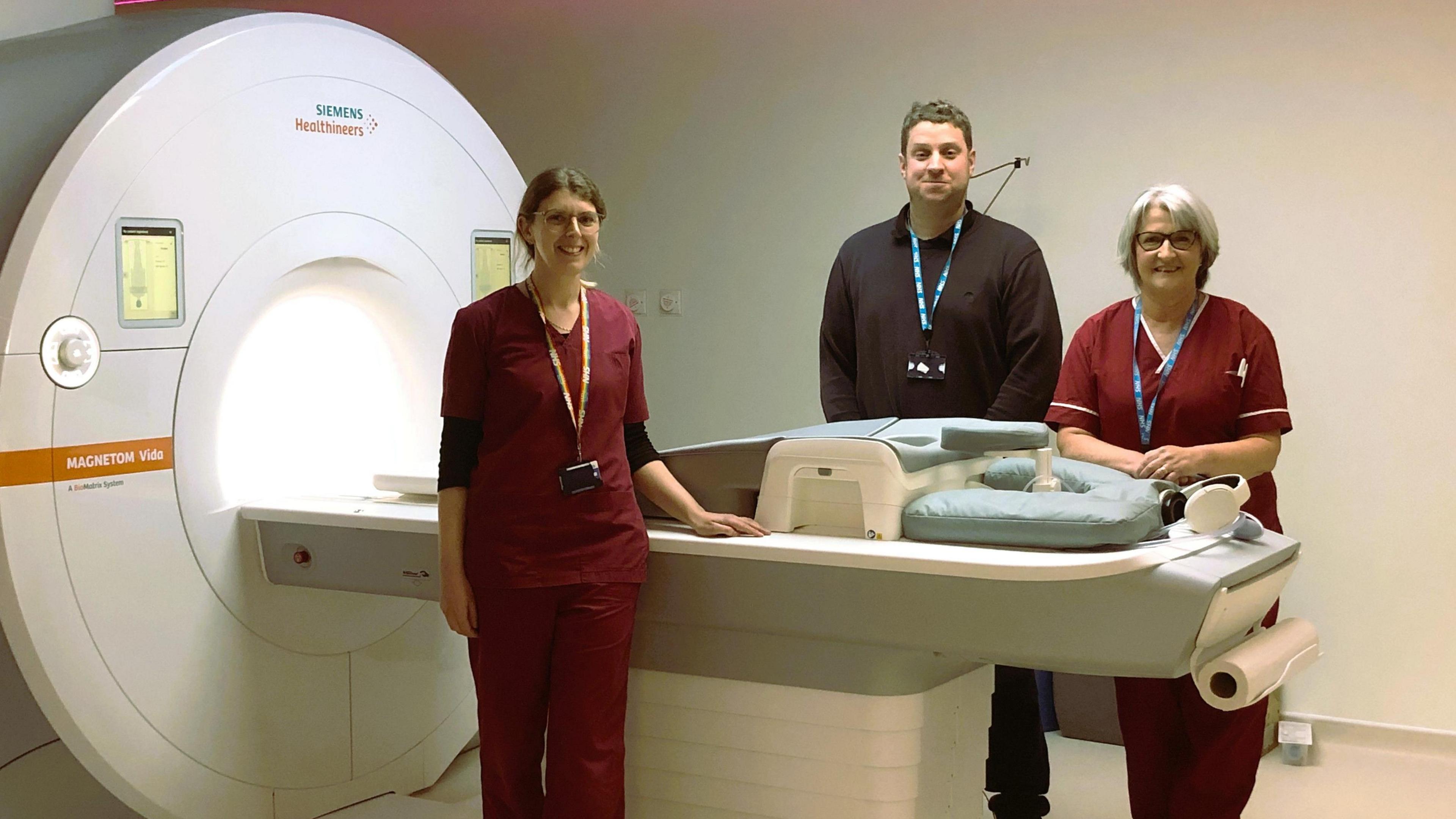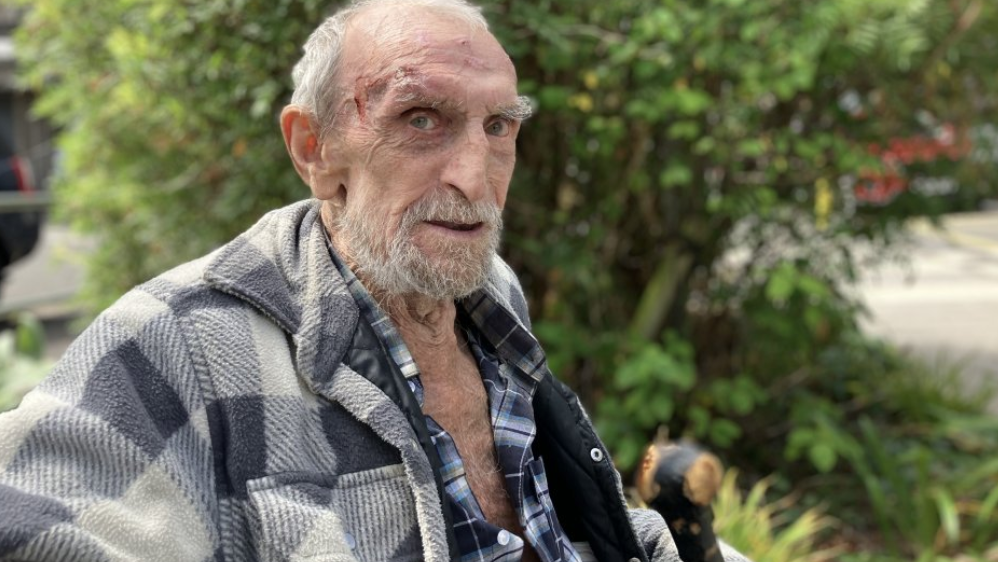Charity ready for clinical trials of cancer drug

Brightwater Reseach says the new treatment could prevent the spread of some tumours
- Published
A Shropshire charity says it is ready to start clinical trials on a new drug to treat lung cancer.
Although the charity Brightwater Research was formed in 2019, its founders have spent 15 years developing the drug Valoxydin, and said the results of initial testing had been positive.
Operations manager David Crane said the drug was designed to prevent tumours spreading around the body.
The charity is currently seeking funding to fully develop the drug so it can eventually be used to treat patients.
Decisions about which medicines are made available on the NHS, external are made by different organisations in England, Wales and Scotland.
Decisions are usuaully based on factors, including the evidence available about a drug and the length by which it could extend patients' lives.
Input from experts and public involvement is also considered.
Mr Crane said Valoxydin was an anti-metastatic drug which targeted the formation of secondary tumours – also known as metastases - in the body and stopped the primary cancer from spreading.
Testing showed the drug could potentially reduce the spread of lung cancer by approximately 80% in animal models, he added.
Fellow trustee Ted Youngman, whose father died with lung and brain cancer 15 years ago, said from the initial theory about how the treatment might work, they had begun to experiment with the drug in a petri dish and had gone through more than 50 variations to reach the point it was now at.
'Tremendous'
"There's a lot of work still to go, but this is tremendous," Mr Youngman said.
He added: "It's much easier to stop [cancer] from spreading than it is to treat it once it's already spread.
"That's the approach we're taking, which we think is a bit different from other treatments before now."
The charity's founders believe it might be possible the drug could be developed for use in the treatment of liver, kidney and bowel cancer, but added a significant amount of additional funding would be needed for further research.
Conversations with potential large-scale backers had already begun, Mr Crane said.
He said the process could take two to three years, at which point it might be ready for consideration by the NHS.
The drug would be taken as a pill, which would mean it was relatively easy to administer to patients.
Mr Crane said the drug would need to be taken daily for the rest of the patient's life – or until another solution is discovered.
Get in touch
Tell us which stories we should cover in Shropshire
Follow BBC Shropshire on BBC Sounds, Facebook, external, X, external and Instagram, external.
- Published28 July

- Published6 August

- Published24 July
